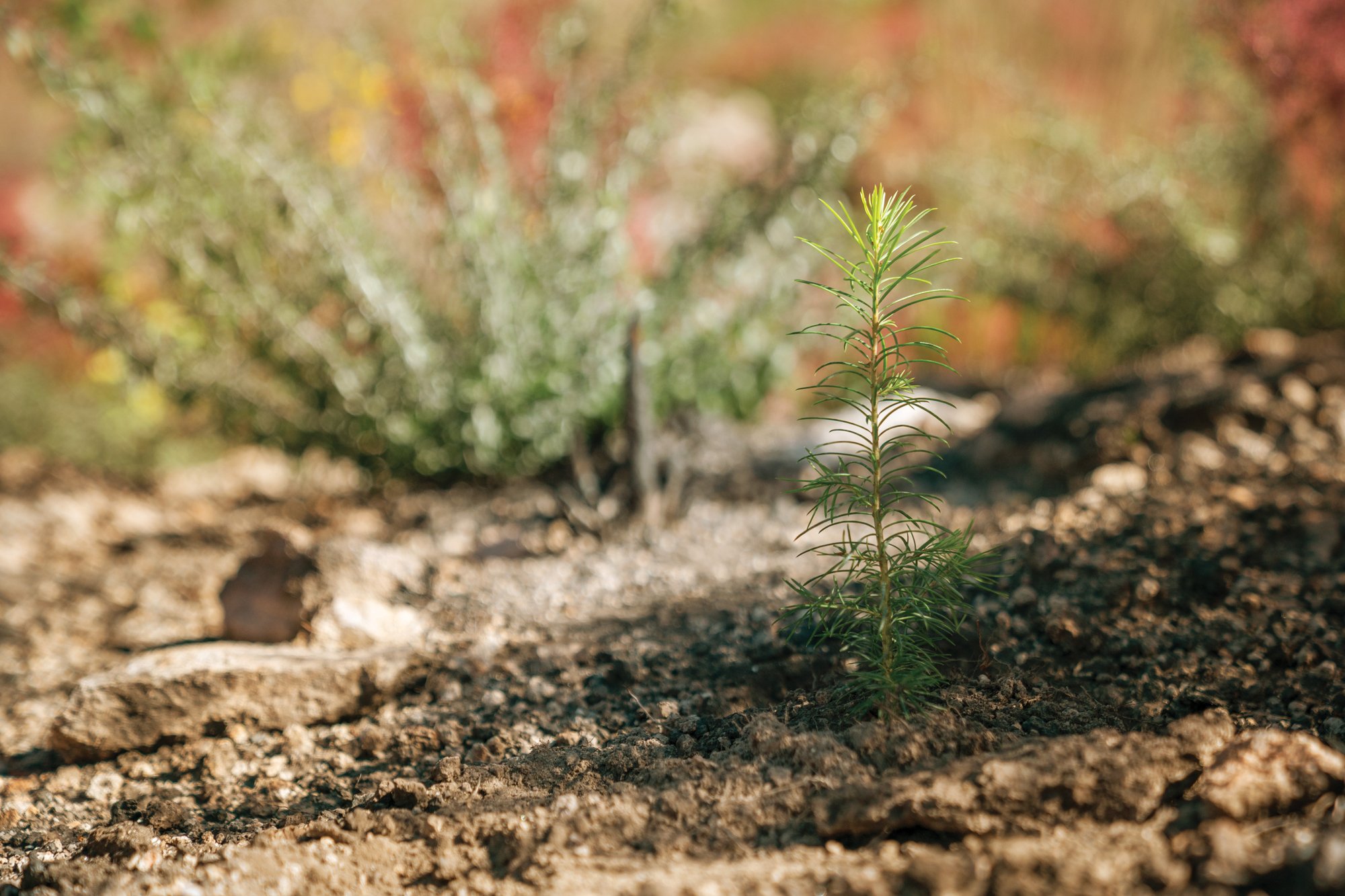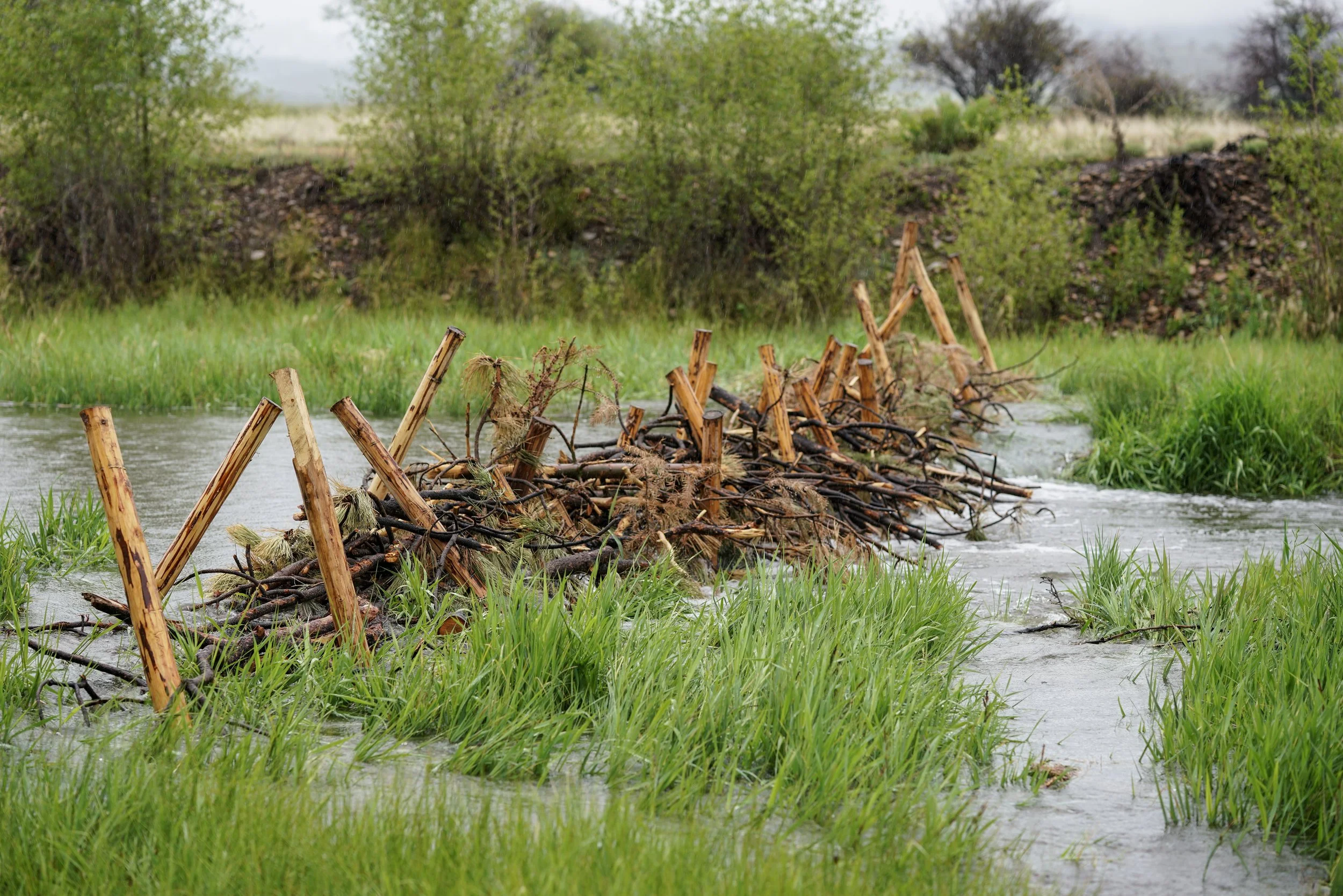
ENVIRONMENTAL STEWARDSHIP
At its heart, Trees, Water & People (TWP) is an environmental organization. We were founded in 1998 by two foresters who sought to protect rapidly disappearing forests in Central America through a combination of reforestation and forest stewardship. What was clear from the beginning is that environmental goals are best achieved when human well-being and basic needs are prioritized first.
Stewardship is a term we chose intentionally, because it speaks to the ongoing nature of restoring and caring for ecosystems. The World Wildlife Fund estimates that 80% of the world’s biodiversity is stewarded by Indigenous communities - traditional ecological knowledge and consultation with these communities holds promise.
Indigenous Peoples are the key to protecting and restoring the environment. But in places like Guatemala, El Salvador, Honduras, and the arid four corners states, the environment is in critical condition, making it difficult for communities to thrive.
To TWP, Environmental Stewardship is inseparable from Indigenous Sovereignty. Where people have rights to govern and invest in their territories, progress can be made on restoration goals. The challenge is that Tribal Lands often exist on fragments of ancestral territories, and thus any landscape scale initiatives invariably involve political and jurisdictional hurdles, leading to fragmented responses to environmental crises.
In New Mexico, TWP helps broker discussions between the Tri-Pueblo coalition of Jemez, Kewa and Cochiti Pueblos with the US Forest Service, NM State Forest Service, NM Game and Fish, Bureau of Land Management, and Bandelier National Monument. The watersheds sustaining these Pueblos since time immemorial have been subdivided into administrative districts, and have begun to falter due to fire, fragmented management, and the proliferation of feral livestock.
Through a master service agreement between the Santa Fe National Forest and Tri-Pueblo coalition, we hope to usher in an era of cooperation between the Tribes and the agencies that co-manage their natural resources. Because a stream, or forest, or habitat, or water source shouldn't’ be governed by arbitrary borders, but based on the totality of inputs and influences upstream that affect users downstream.
To support this, TWP invests in building capacity at Tribal Natural Resource Departments (TNRD) to conduct restoration activities beyond their borders, incorporating restoration of traditional and culturally important species, invasive species management, fuels reduction, erosion control and reforestation over decades. We also provide funds directly to young Native professionals entering careers in natural resource management, and place them with TNRD to gain work experience.
These are the types of stewardship relationships that will make change over time. In the era of climate change, we must involve and support those closest to and most dependent on the natural resources we seek to protect. Like in Honduras, where a 35 year struggle to protect an Indigenous forest near the capital from development has culminated in the drafting of articles to declare it a permanent wildlife refuge, under management of the local community.
Or in countless other areas where small groups of dedicated local people are shouldering the impacts of climate change on soils, tree cover, water quality and availability, and weather patterns. Providing these communities access to resources and powers that help them steward these resources for the benefit of the planet is an investment that does us all good.





When the 110 families of El Asintal resettled in Guatemala, they arrived home to a near-empty plot of land, with scarce resources to rebuild.
Like many Indigenous communities in the region, these families were displaced amidst Guatemala’s violent civil war. The government’s designation of lands for resettlement in the early 2000s was an opportunity to return home, but not without significant debt and great hardship.